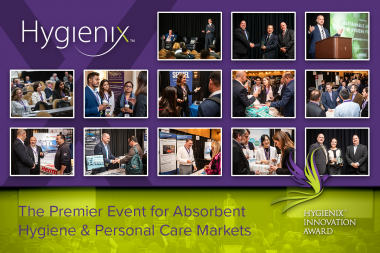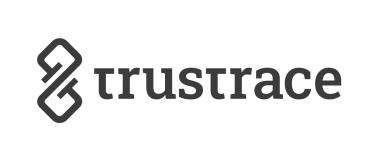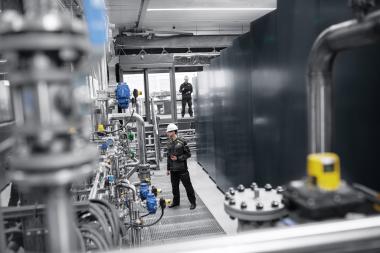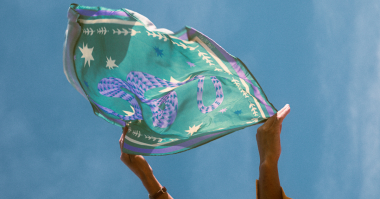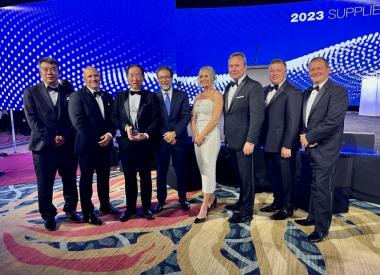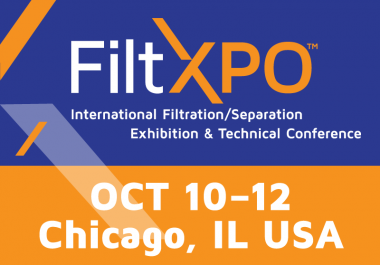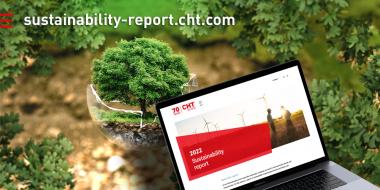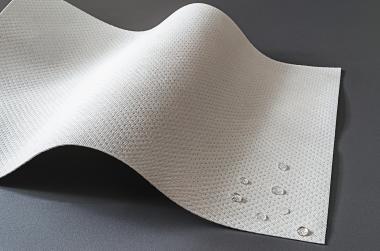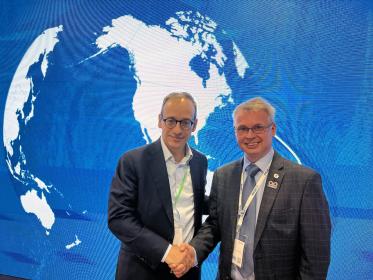OETI PPE customers awarded OEKO-TEX® STeP certification
Recently, OETI awarded the OEKO-TEX® STeP certification to two companies in the sector of personal protective equipment (PPE) and workwear: Ötscher - Berufskleidung Götzl GmbH, Austrian producer and wholesaler and longstanding PPE and OEKO-TEX® STANDARD 100 customer, and ALSICO MOROCCO (Cindico), a Moroccan PPE and work wear producer and part of the global Alsico Group, which has already introduced the certification for production facilities in Belgium and Laos.
OEKO-TEX® STeP stands for Sustainable Textile and Leather Production and is a certification system for production facilities in the textile and leather industry. The STeP system analyses critical areas of businesses using six modules: Chemical Management, Environmental Performance, Environmental Management, Social Responsibility, Quality Management, and Health protection and Safety at work.
For ALSICO MOROCCO (Cindico), OEKO-TEX® STeP offers the benefit of "a unified certification system and standardised audits to monitor social and ecological responsibility processes at global production locations," says Managing Director Mary Meylaers.
For the Austrian company Ötscher – Berufskleidung (workwear), Managing Director Thiemo Götzl emphasises the strengths of the certification in transparent communication with customers and stakeholders and a comprehensive overview of all aspects of the supply chain. "The certification also supports compliance with the German Supply Chain Due Diligence Act requirements through transparency and risk mitigation," says Thiemo Götzl.
OETI - Institut für Oekologie, Technik und Innovation GmbH





